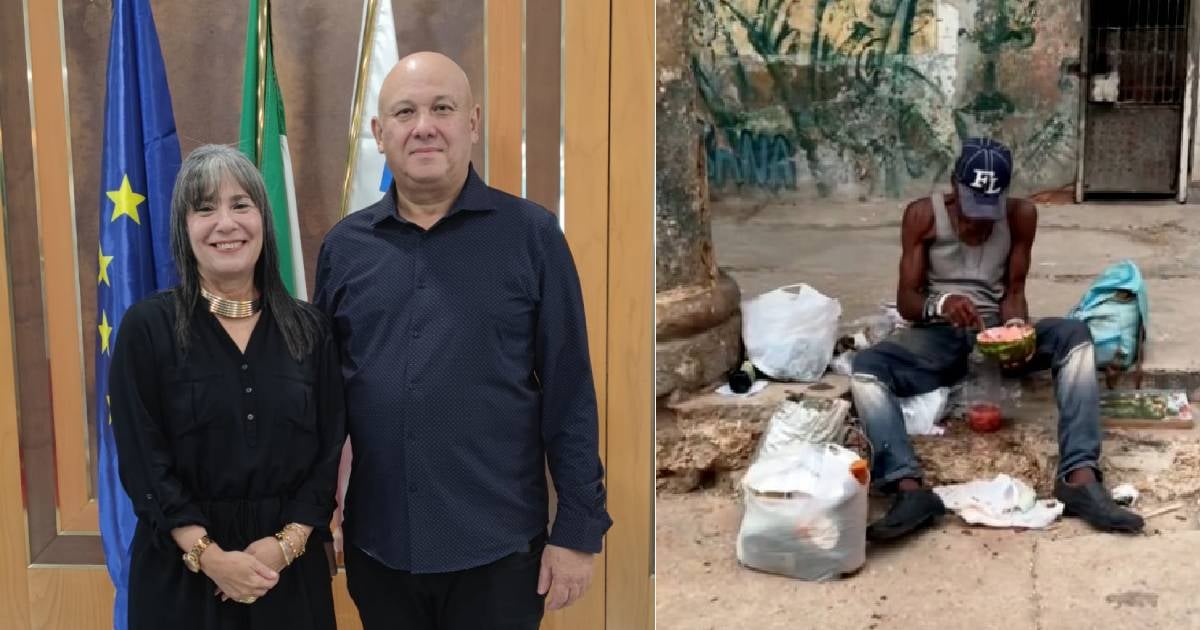
The participation of Cuban Deputy Prime Minister Jorge Luis Tapia Fonseca in the IV World Food Forum taking place in Rome, Italy, from this Monday until October 18 can be considered ironic.
At this meeting that brings together world leaders, businessmen, and experts in the field of food, Tapia Fonseca will meet with the Director-General of the Food and Agriculture Organization of the United Nations (FAO), Qu Dongyu, and other authorities from the International Fund for Agricultural Development and the World Food Programme, reported the state agency Prensa Latina.
Cuba is experiencing one of the worst situations in access to food worldwide. In 2023, the United Nations (UN), through the World Food Programme (WFP), blamed the Tarea Ordenamiento for the food crisis that Cubans are suffering.
"This reform has not yet achieved the desired results. Therefore, the shortage of basic products and the increase in global food prices contributed to national inflation. The WFP will continue to monitor the effects of the reform, especially on food security for low-income households," highlighted the Country Annual Report 2022.
In the country, inflation runs rampant, with no effective measures found to stop it. This has led to an increase in the gap of inequality caused by the monetary duality, higher prices for basic goods and services, and vulnerable households facing food insecurity, among other issues.
"As a result, the country is experiencing food shortages, including staple grains (wheat flour, rice, and corn), beans, vegetables, dairy products, and meat (beef and pork)," highlighted the text from PMA.
In 2023, official data published on Cuban foreign trade confirmed the severity of the food crisis the country is experiencing.
Many Cubans perceive the current socioeconomic crisis as "worse" than that experienced during the so-called "Special Period," and a significant factor in this is the limited access they have to food products.
Recently, the Cuban Observatory of Human Rights (OCDH) presented the VII Report on the State of Social Rights in Cuba 2024, with revealing results about the Cuban reality.
The non-governmental organization highlighted in the document that "89% of Cuban families suffer from extreme poverty," one percentage point more than last year and 13% more than in 2022.
One of the most significant pieces of data highlights that “7 out of 10 Cubans have stopped having breakfast, lunch, or dinner due to a lack of money or food scarcity.”
They add that "only 15% of Cubans have been able to have three meals without interruption," a tangible reality in the severe inflationary crisis that the island is experiencing.
What do you think?
COMMENTFiled under: